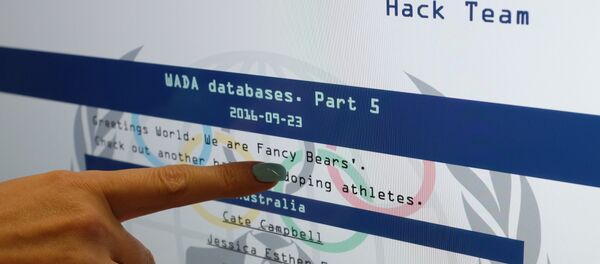MOSCOW (Sputnik) – In March, a number of prominent Russian athletes, including Russia's five-time Grand Slam tennis champion Maria Sharapova, tested positive for meldonium. The drug, developed in Latvia to treat patients with heart conditions, was added to WADA’s list of banned substances on January 1, 2016.
In April, WADA said that less than one microgram of meldonium per milliliter in a doping test would be permissible in samples submitted before March 1, 2016.
"In reviewing the List, experts examine such sources as: scientific and medical research; trends; and, intelligence gathered from law enforcement and pharmaceutical companies," Director General Olivier Niggli said as quoted in a Thursday WADA release.
According to the statement, WADA’s 2017 List of Prohibited Substances and Methods was approved by the Executive Committee on September 21 and comes into force on January 1, 2017.
"Updated annually, the List is released three months ahead of taking effect so that all stakeholders – in particular athletes and their entourage — have ample time to familiarize themselves with the List and its modifications," WADA President Craig Reedie said as quoted in the Thursday statement.



